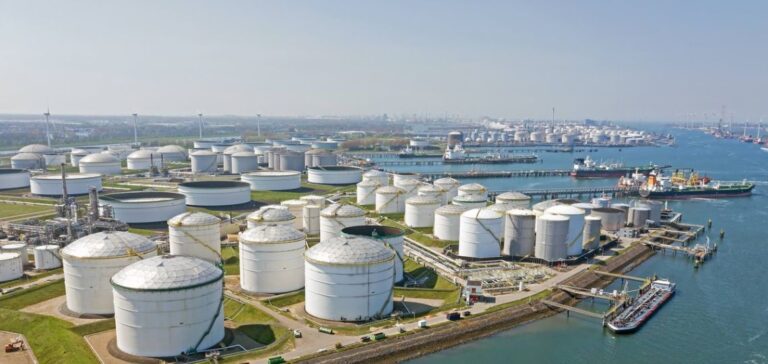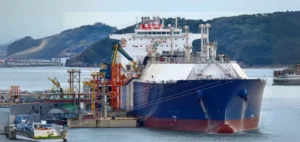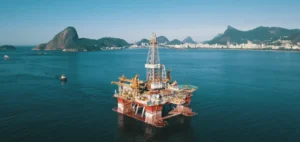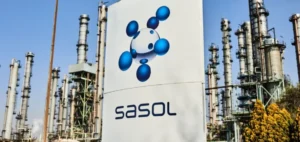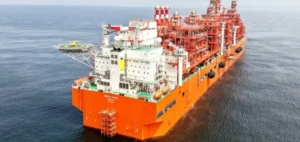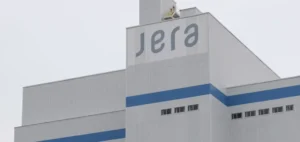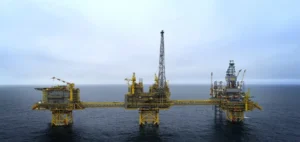Europe’s underground natural gas storage facilities currently hold more than 50 billion cubic metres (bcm), according to the latest data published by Gas Infrastructure Europe (GIE). This volume marks an increase compared to previous weeks but remains 24.4 bcm lower than the same period last year. Despite steady injection activity, storage levels stand at only 45.94%, significantly below the five-year average.
Injection volumes up but still insufficient
On May 24, the European Union injected 339 million cubic metres (mcm) of gas into storage, compared to just 31 mcm withdrawn. Injection volumes in May are 11% higher than a year earlier, while withdrawals have declined by 3%. However, total stored gas ranks as the seventh lowest ever recorded for this time of year, with a 33% shortfall compared to 2023.
To meet the 90% storage target mandated by the European Commission by November 1, member states must inject at least 61 bcm during the current filling season. This volume, among the highest ever required, represents an increase of nearly 50% compared to last year.
Price pressure and LNG competition
This heightened demand is putting upward pressure on gas prices in European markets. The Gas Exporting Countries Forum (GECF) anticipates that summer spot prices could exceed winter levels, reducing the economic incentive to inject gas into storage. At the same time, competition for liquefied natural gas (LNG) with Asian markets could increase supply tensions.
Europe imported 63 bcm of LNG during the last heating season, marking the third-highest volume ever recorded for the period. In April, LNG imports reached an all-time high of 12.8 bcm, according to GIE data. Regasification terminal utilisation currently stands at 54% of total capacity.
A long winter complicates replenishment
The heating season concluded on March 28 after 151 days, during which over 74 bcm of gas was withdrawn from European storage. Net withdrawals, after accounting for injections, reached around 69 bcm, a 54% increase compared to the previous year. This elevated usage complicates the replenishment process ahead of next winter.
Forecasts point to rising temperatures in Europe over the coming days. Wind power accounted for 14% of electricity generation in April and 15% in May. The average gas price in European markets was approximately $409 per 1,000 cubic metres in April and $408 in May.


